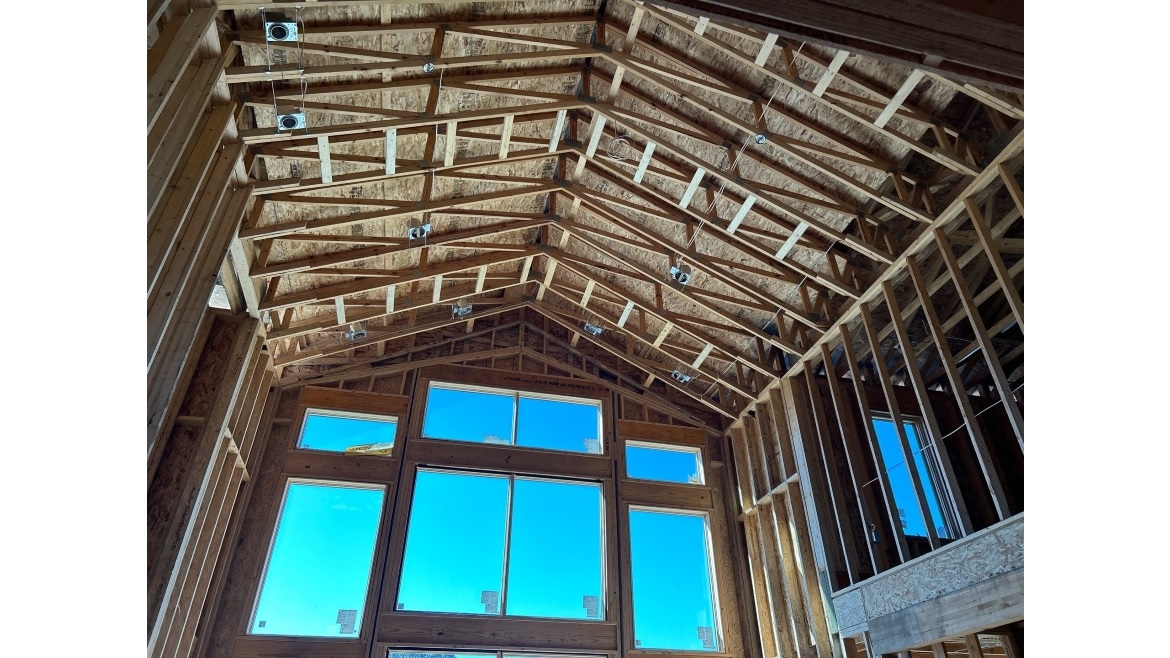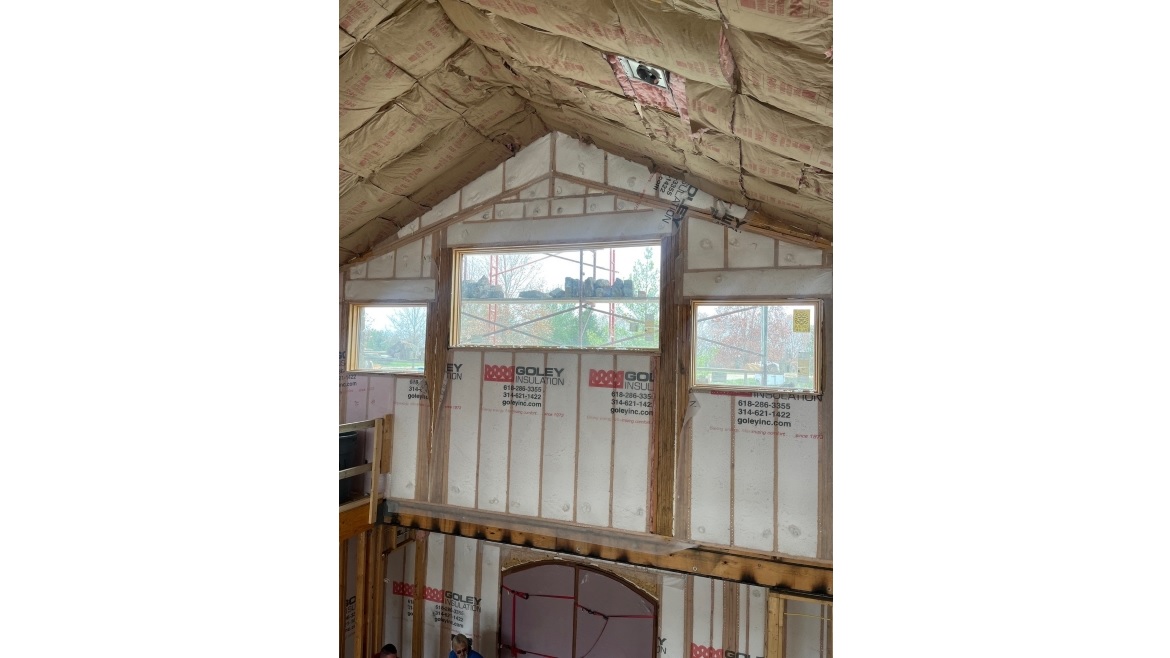DIY vs. Professional Insulation: What Homeowners Should Know

Improving your home’s insulation isn’t just about keeping warm in the winter — it’s about optimizing energy efficiency, reducing costs and enhancing overall, year-round performance. With the right materials and installation, insulation can transform your home’s comfort and value. But when it comes to tackling these types of projects, one question remains: should you take the DIY route or call in the professionals?
At The Goley Companies, we have spent over 50 years helping homeowners make decisions about their insulation challenges. Here’s what you need to know about the pros and cons of each approach — and how to determine which is right for your home.

When DIY Insulation Makes Sense
For many homeowners, tackling a DIY insulation project can feel empowering. It’s an opportunity to take control of their home improvement journey. In certain situations, going the DIY route can be effective and rewarding, including the following:
- Simple Projects: Insulating small attics, basement walls or other areas can often be handled by confident DIYers, especially in accessible areas that don’t demand specialized tools or advanced techniques.
- User-Friendly Materials: Fiberglass batts, foam boards and air-sealing caulk are easy to handle and available at most home improvement retailers, making them perfect for beginners. With basic safety gear, like gloves, masks and long sleeves, even novices can achieve solid results.
- Cost Management: DIY insulation allows homeowners to better manage installation costs, offering flexibility in budgeting and scheduling, based on the value of their time.
- Manageable Safety Risks: While some materials may cause minor irritation, proper safety measures effectively mitigate risks. However, professionals should handle hazardous materials, like asbestos.

DIY insulation can be a cost-effective solution for smaller projects, but it’s important to approach the task with a realistic understanding of your abilities. A poorly executed installation can result in energy inefficiency, drafts and even moisture problems — issues that could negate the initial savings and lead to higher costs down the road.
However, it’s important to address a common misconception: while DIY insulation may seem significantly cheaper upfront, it’s not always the case in the long run. Mistakes in material selection, improper installation or insufficient coverage can lead to energy inefficiencies, costly repairs and higher utility bills over time — often negating any initial savings. Factoring in the value of time and the potential risks, DIY may not always deliver the cost-effectiveness that homeowners anticipate.

When to Call in the Professionals
Professional insulation contractors bring more than just technical expertise — they bring a fuller understanding of building performance. Success in many insulation projects goes beyond simply adding material to an attic or walls; it requires an in-depth evaluation of how the entire home functions as a system. True technicians can assess air leakage, moisture control and energy flow to develop tailored solutions that enhance overall home performance, addressing both immediate needs and long-term goals. This comprehensive approach ensures that your home operates efficiently, comfortably and safely.
While DIY might work for simple projects, there are times when professional expertise is not just beneficial — it’s essential.
- Complex Projects: Whole-home insulation or retrofitting older properties requires a building performance approach, ensuring that insulation works seamlessly with systems like HVAC, ventilation and moisture control for optimal home efficiency.
- Specialized Materials: Advanced options, like closed-cell spray foam, deliver exceptional energy efficiency but demand precision and specialized equipment, making them best suited for professionals.
- Energy Efficiency Goals: Achieving peak energy efficiency often requires a performance-based approach. Professional contractors use diagnostic tools to deliver tailored solutions that maximize energy savings and comfort.
- Code Compliance: Professionals ensure that your project meets local building codes, which vary by region and are critical for safety and performance.
- Hazardous Materials: Older homes may contain asbestos insulation, posing serious health risks that require certified handling to stay compliant with regulations.
- Time Efficiency: Hiring professionals saves time and ensures that projects are completed quickly and correctly, avoiding the pitfalls of DIY errors or prolonged timelines.

Key Considerations for Homeowners
Deciding whether to DIY or hire a professional ultimately comes down to your priorities, skill level and the scope of the project. Here are some key factors to consider:
- Skill Level: Have you tackled home improvement projects before? Do you feel confident identifying and addressing air leaks, moisture barriers and thermal performance challenges? If not, a professional is likely the better choice.
- Cost and Safety Considerations: While it can sometimes feel like you save money upfront by doing it yourself, professionals bring specialized equipment, PPE and expertise. This prevents costly mistakes and ensures safe, efficient installation that may save more money over time.
- Long-Term Effectiveness: Proper installation is key, and a professional can provide the peace of mind that comes with knowing that the job was done right the first time.
If you’re still unsure about which route to take, consider starting with a consultation. Many professional insulation technicians, including The Goley Companies, offer free assessments to help homeowners understand the scope of their project and identify the best course of action, including whether there’s a hybrid solution worth pursuing.

Final Thoughts
Whether you’re a weekend DIY enthusiast or someone looking for the peace of mind that comes with professional expertise, insulation is an investment in your home’s comfort, efficiency and value. By carefully evaluating the complexity of your project, your skill level and your long-term goals, you can make an informed decision that works for your budget and your home.
Looking for a reprint of this article?
From high-res PDFs to custom plaques, order your copy today!






